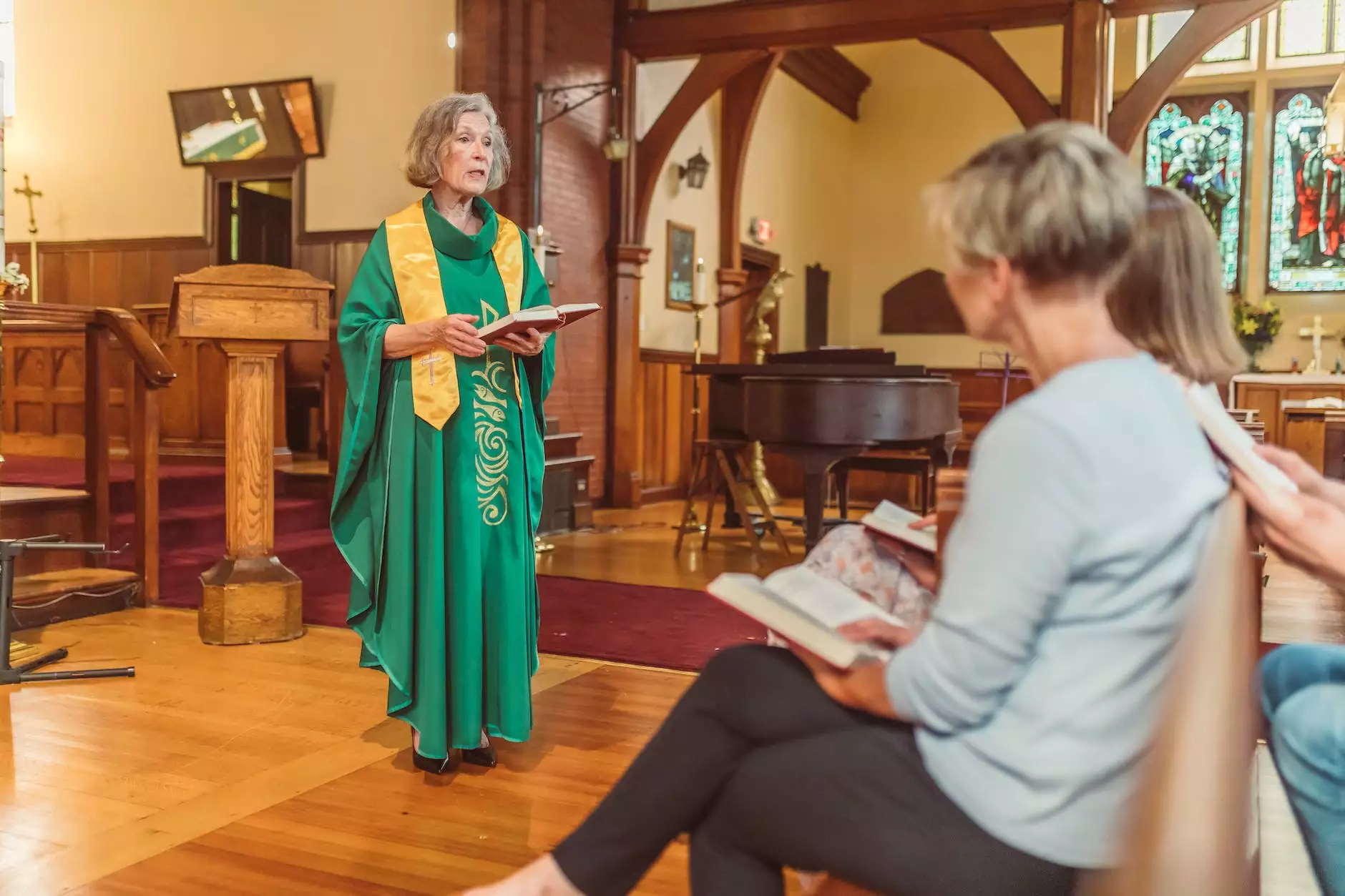Speaking in Tongues, Part 2 of 5
Blog
Understanding Speaking in Tongues
Speaking in tongues is a fascinating and widely debated topic within various faith communities worldwide. As a key aspect of Christian spirituality, it has been a subject of intense theological discussion and personal experiences for centuries. Reno Remnant Church seeks to shed light on this phenomenon, offering a comprehensive exploration of speaking in tongues.
The Biblical Foundation of Speaking in Tongues
To delve into the concept of speaking in tongues, we must first understand its biblical foundation. In the New Testament book of Acts, specifically in Acts 2:1-13, we find the first mention of speaking in tongues. This event occurred on the day of Pentecost, when the Holy Spirit descended upon the apostles and enabled them to speak in different languages. This miraculous manifestation captivated the crowd as they heard the apostles speaking in their own native tongues.
The Purpose and Forms of Speaking in Tongues
Speaking in tongues serves multiple purposes within Christian spirituality. It is often viewed as a spiritual gift and a means of communication between individuals and the divine. Furthermore, it is believed to edify the speaker and the community, fostering a deep connection with God.
There are different forms of speaking in tongues, including glossolalia and xenoglossy. Glossolalia refers to speaking in an unknown language that is not intelligible to others. It is a form of ecstatic utterance, often accompanied by spiritual or mystical experiences. Xenoglossy, on the other hand, is the ability to speak a language unknown to the speaker but understood by others present.
The Experience of Speaking in Tongues
The experience of speaking in tongues is highly subjective and varies among individuals. It is often described as a profound spiritual encounter, where individuals feel a deep connection with the divine and experience a sense of overwhelming joy, peace, and empowerment. It is viewed as a form of prayer, with the Holy Spirit guiding the utterances.
Speaking in tongues can occur during private prayer, as well as in public settings such as church services or gatherings. The practice is characterized by a free-flowing stream of words, sounds, or phrases, with the speaker surrendering their control to the Holy Spirit's influence.
Theological Perspectives on Speaking in Tongues
Different theological perspectives exist regarding the nature and significance of speaking in tongues. These perspectives can be broadly categorized into three main viewpoints: cessationism, continuationism, and middle ground.
Cessationist Viewpoint
Cessationism posits that the spiritual gifts, including speaking in tongues, ceased with the apostolic age. Adherents of this viewpoint believe that the purpose of speaking in tongues was primarily for the establishment and validation of the early church, and it is no longer necessary in contemporary times.
Continuationist Viewpoint
Continuationism asserts that the spiritual gifts, including speaking in tongues, continue to be relevant and present in the lives of believers today. Advocates of this perspective highlight the ongoing work of the Holy Spirit in empowering and guiding individuals, allowing them to experience the gifts of the Spirit, including speaking in tongues.
Middle Ground Perspective
The middle ground viewpoint acknowledges the existence of speaking in tongues in both biblical times and the present-day context. However, it emphasizes the need for discernment and maturity in the exercise of this gift. The focus is placed on the edification and unity of the church, rather than on the frequency or prominence of speaking in tongues.
Conclusion
In conclusion, speaking in tongues holds a significant place within Christian faith and beliefs. Reno Remnant Church is dedicated to nurturing a comprehensive understanding of this phenomenon, exploring its biblical foundation, purpose and forms, personal experiences, and various theological perspectives. We strive to create a space where individuals can engage in respectful dialogue and grow in their faith journey, all while seeking a deeper connection with the divine through the exploration of speaking in tongues.




